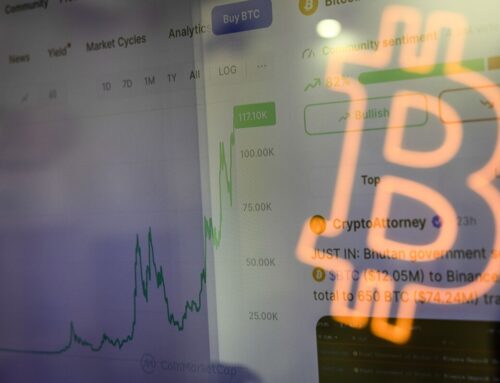Michigan Cannabis Operators Protest Steep New Tax On Weed
October 2, 2025
Michigan cannabis operators and industry advocates gathered at the state Capitol in Lansing this week to protest legislation that would levy a new tax on regulated cannabis products. If enacted, the proposal (House Bill 4951) would impose a 24% tax on wholesale cannabis transactions in Michigan, with proceeds used to fund repairs to the state’s roads.
The Michigan House of Representatives approved the bill last week. Passage of the bill brought protesters to the Capitol on Tuesday, with advocates saying the legislation threatens jobs in the state’s regulated cannabis industry.
“Our industry is not their piggy bank. Our wallets are not their budget overruns,” said Mike DiLaura, chief of corporate operations and general counsel for Michigan licensed cannabis operator House of Dank, according to a report from Michigan Advance. “It is our time, not just as an industry, but as citizens of this great state, to put our feet down and say, ‘enough is enough.’”
DiLaura noted that in the five years since recreational cannabis has been legal in Michigan, the state has collected nearly $2 billion in taxes on weed.
“But they say it’s not enough,” DiLaura said. “When will it ever be enough?”
Lawmakers including Democratic state Reps. Donavan McKinney of Detroit and Mike McFall joined protesters on the steps of the Capitol. The representatives said that the tax increase would affect local governments as well as cannabis businesses.
“Hazel Park was all in on marijuana from the very beginning. As some of you might know, we even gave Tommy Chong the key to the city at one point,” said McFall. “But what a lot of people don’t realize is how this is going to impact local municipalities. They’re talking about cutting revenue sharing, which is the money that goes back from the state. This is also going to impact that.”
Bill Adds New Tax To Michigan Cannabis Purchases
Michigan consumers already pay a 10% cannabis tax on top of the state’s 6% sales tax. Cannabis advocates argue that increasing taxes on regulated marijuana products encourage consumers to purchase weed from the illicit market.
“The literature on the price of marijuana and demand for it is mixed, as academic literature often is,” Michael LaFaive, the senior director of fiscal policy at the Mackinac Center for Public Policy, told Michigan Capitol Confidential in an email. “Theory tells us, however, that an increase in the price of just about anything leads to a decline in the quantity demanded of it. Part of that is a decline in the demand for legal marijuana, as individuals may substitute that legal, taxable product for the illegal, untaxed one.”
Democratic state Senator Jeff Irwin took to social media to call out House Republicans for their vote to approve the steep new tax on wholesale cannabis transactions.
“When Michigan residents approved legal cannabis, we set up a system that was the most successful cannabis market in the nation. Our low taxes and opportunities for real competition meant that consumers flocked to legal dispensaries. We learned from California and Colorado that high taxes on cannabis drive people into the illicit market. As a result of our Michigan model, 75% of sales in Michigan happen in legal shops. By contrast, in California, only about 35% of sales happen legally. This is why Michigan’s cannabis market is larger than California’s,” Irwin wrote on Facebook.
“Republicans jammed through this huge tax increase intending to raise money for roads,” Irwin added. “Unfortunately, this bill won’t raise the projected revenue and will diminish revenue to roads and schools through the excise tax. The real winners in the House today were illicit drug dealers.”
At Tuesday’s protest, McKinney told demonstrators that any eventual tax increase on cannabis will be lower than the current proposal.
“We don’t know what that number will be, but we for sure know it’s not going to be 24%,” McKinney said.
AB 4951 is now pending in the Michigan Senate.
Search
RECENT PRESS RELEASES
Related Post



